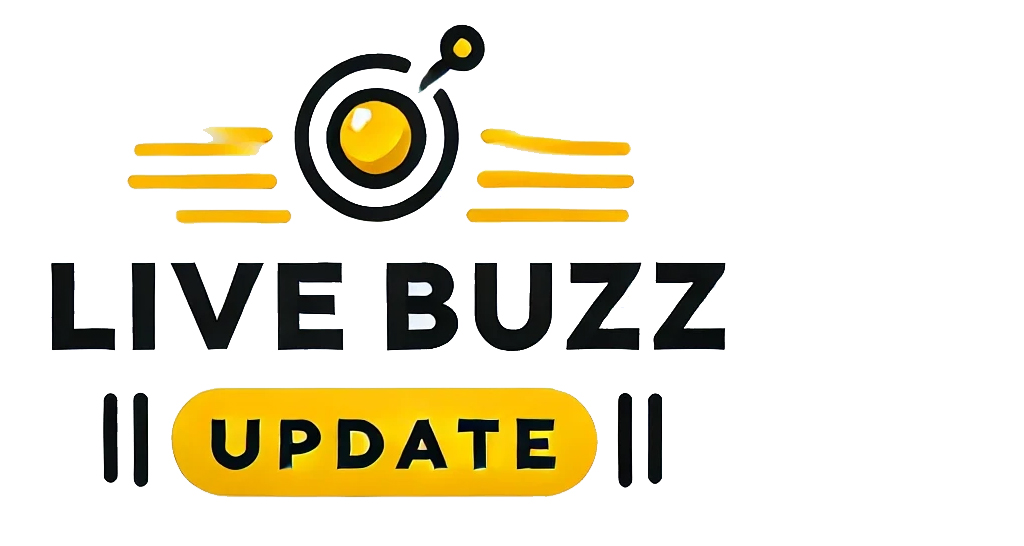The political alignment of Generation Z, commonly referred to as ‘Gen Z’, appears to resist standard categorizations. This phenomenon, observed by political experts, hints at the advent of a potentially new political order. The complexity of defining Gen Z’s politics derives from a blend of traditional conservative and liberal values that contrasts with previous generations.
Gen Z, individuals born from the mid-1990s to the mid-2000s, have grown up in a time of rapid technological advancement and societal changes, which heavily influence their political views. A higher level of ethnic diversity and more inclusive attitudes toward social issues compared to their predecessors are hallmark characteristics of this generation, and these elements play crucial roles in shaping their political leanings.
Despite commonly voicing support for progressive social policies, an inclination commonly associated with liberal politics, some Gen Zers also express support for fiscally conservative ideas. This unique mingling of political views could precipitate an evolution in the conventional binary political system. Gen Z’s unorthodox union of left-leaning social views and right-leaning economic perspectives could feasibly pave the way for a more centrist political approach.
Consequently, Gen Z’s evolving political dynamics could potentially have substantial consequences on future elections and policy making. Policymakers, political parties, and future candidates may be forced to adjust their platforms and strategies in order to appeal to this new breed of voters. The political landscape may become increasingly reflective of Gen Z’s political diversity as their influence in voting cohorts continues to grow.
However, it is essential to note that Gen Z is still in the early stages of political formation. Their views could shift as they age and experience more aspects of life, and political dynamics may change in response to unforeseen global events or policy changes. Therefore, while the group’s current political beliefs hint at a potential new political order, it is too early to definitively predict the long-term effects on political landscape.
In conclusion, while the political views of Gen Z are still evolving, their current mix of progressive social beliefs and conservative fiscal ideas may signal a shift in the political landscape. Their influence is set to rise as they become an increasingly significant portion of the voting population. If these trends continue, Gen Z could reshape the future of politics by blurring the traditional boundaries between left and right-wing ideologies, ushering in a new era of centrism.
Last modified: December 23, 2024


